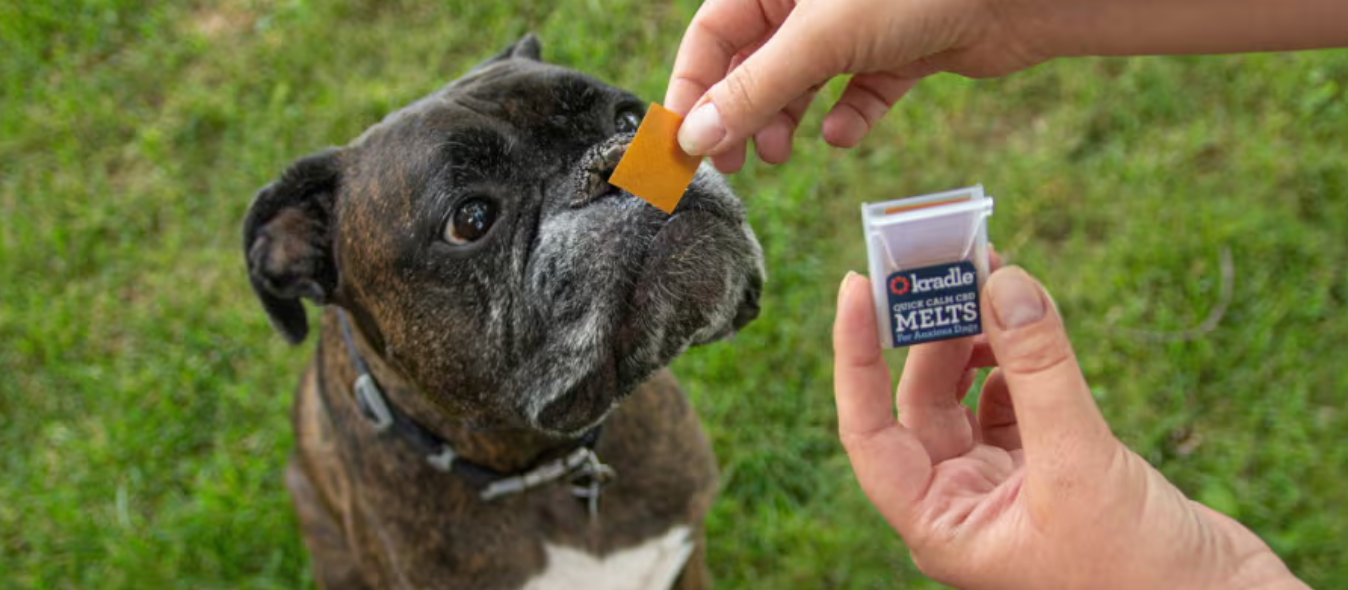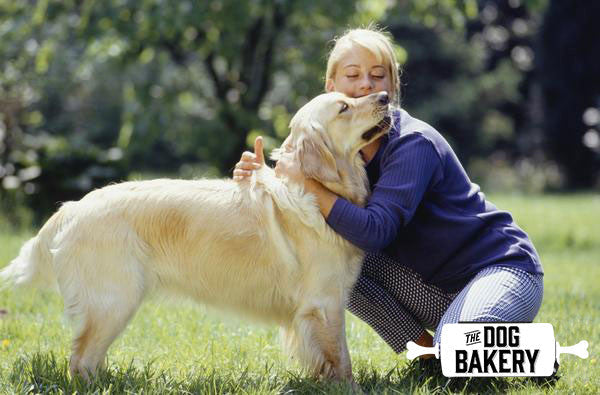
Raise your hand if you get a tummy ache and immediately reach for the saltine crackers and ginger ale? A time honored remedy for feeling nauseas, the thing in ginger ale we’re really reaching for (outside of the bubbly carbonation) is the actual ginger root in the drink. Ginger works here most popularly as a digestive aid for an upset stomach, but that’s only scratching the surface of it’s potential benefits. From the same family as turmeric, the root of the ginger plant has been used as a spice and medicine in Asian, Arabic, and Indian cultures for ages for everything from osteoarthritis to cancer. Modern scientific research has shown that ginger possesses numerous therapeutic properties including antioxidant effects, lowering cholesterol and as an aid in blood circulation.
Here are 3 reasons you should feed your dog some ginger.
 Photo by Stanze
Photo by Stanze
If you haven’t tried it yet, you can consider adding this powerful root into the diet of your dog for a variety of conditions, as well as for general health maintenance. For nausea and/or vomiting, fresh ginger or a powdered spice version can help. If your dog is easily car sick, give them a few drops of ginger root extract about 30 minutes before a car trip. You can also give them a ginger capsule if they just get nervous riding in the car. Ginger is high in antioxidants, making it great in the fight against heart disease. It is also known to treat allergies as it can be administered as an antihistamine. One more? It can also help reduce cholesterol!
Ginger is great for bloat (gastric dilation volvulus), a life-threatening condition seen in larger breeds that involves the expansion of the stomach from built up food and gas that hasn’t been expelled. While the risks are great, no exact cause is known, making understanding and preventing it frustrating. According to materials written by Steve Marsden, DVM and Shawn Messonnier, DVM, ginger “may play a role in relieving or preventing bloat in dogs due to its ability to stimulate movement in the stomach and accelerate the emptying of the stomach.”
Another inflammatory disease, arthritis, is greatly helped by ginger, as it is a natural anti-inflammatory. A dog suffering from inflamed joints could gain some relief from taking ginger. As mentioned above, ginger is also believed to be a good addition to the fight against cancer, aside from the obvious benefits of treating the nausea common with cancer treatments. There is a study that shows great promise in using ginger to treat heart worm disease in dogs, a difficult and risky affliction to treat. In the study, a reduction of heart worm larvae in concentration ranged between 83 and 98 percent in infected dogs treated with ginger.
How to give it to your dog:

SOURCE: http://ottawavalleydogwhisperer.blogspot.ca/2013/10/ginger-herbs-for-dogs-and-cats.html
- Ginger comes in a variety of forms: powder, pill, tincture, tea and raw root. To administer in raw form, you should cut off the skin and finely mince the yellow part of the root.
- Give ½ teaspoon for dogs under 35 lbs and ¾ for larger dogs
- Can be mixed in with their food
- Always start slow and gradually add into their routine
In the video: This week on Kitchen Tails, The Dog Bakery founder and Pet Chef Rocky Kanaka walks you through how to make gingerbread cookies or your pup. Click the YouTube video above to get his full recipe.
More recipes on Rocky's YouTube Page.
Cautions:
Avoid ginger if your dog will be having surgery soon or if they are pregnant or have anemia, as ginger can thin the blood. It can also lower blood sugar and blood pressure, so it’s best to speak to your vet before giving ginger to a dog with diabetes or any kind of heart condition. As always, it’s also best to consult your vet first if your dog is on medications or suffering from any health conditions.
Do you feed your dog ginger? Tell us about it in the comments, or let us know what other good-for-dogs human treats you love to share with your pup!






